Life
Sign up for our newsletter
We summarize the week's scientific breakthroughs every Thursday.
-
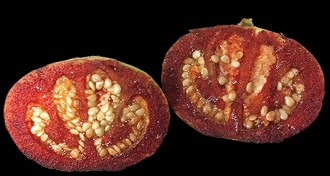 Plants
PlantsScary tomato appears to bleed
A new species of Australian bush tomato bleeds when injured and turns bony in old age.
-
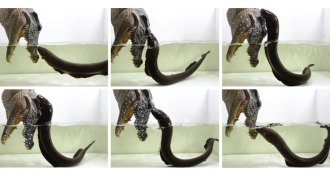 Animals
AnimalsElectric eels play defense with a mighty leap
A biologist finds evidence that a 200-year-old report of electric eels attacking horses may be true.
-
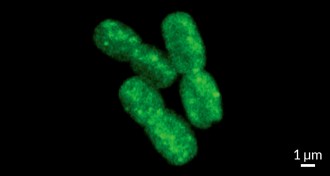 Ecosystems
EcosystemsOcean plankton held hostage by pirate viruses
The most abundant photosynthesizers on Earth stop storing carbon when they catch a virus.
By Susan Milius -
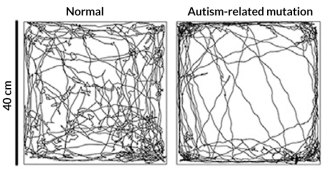 Neuroscience
NeuroscienceAbnormal sense of touch may play role in autism
Autism-related genes are important for touch perception, a sense that may help the brain develop normally, a study of mice suggests.
-
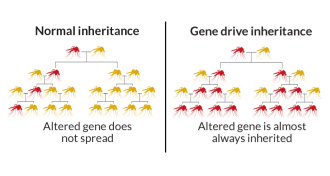 Genetics
GeneticsGene drives aren’t ready for the wild, report concludes
A type of genetic engineering called gene drives need more work, a National Academies report concludes.
-
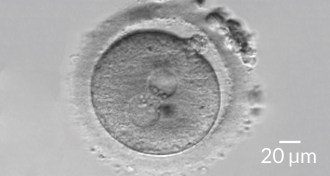 Life
LifeRefined ‘three-parent-baby’ procedure improves chances for healthy infant
Improved technique could reduce risk of passing on faulty mitochondria.
-
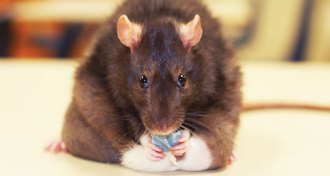 Life
LifeObesity’s weight gain message starts in gut
Acetate made by gut microbes stimulates weight gain, research in rodents suggests.
-
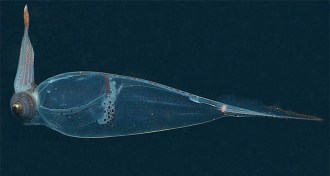 Life
LifeBy leaking light, squid hides in plain sight
Glass squid camouflage their eyes with wonderfully inefficient bioluminescence.
By Susan Milius -
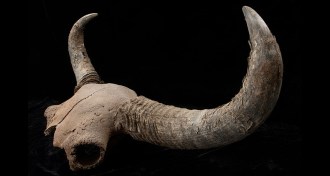 Paleontology
PaleontologyHuman route into Americas traced via trail of bison fossils
Bread crumbs in the form of ancient bison may mark one potential path that humans took to colonize the Americas.
-
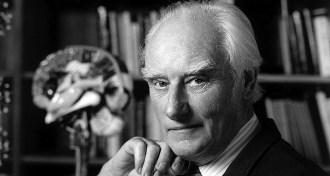 Science & Society
Science & SocietyFrancis Crick’s good luck revolutionized biology
Francis Crick, born 100 years ago, chose to study molecular biology first and then later tackled consciousness.
-
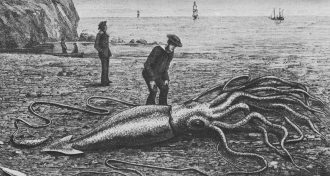 Animals
AnimalsMaximum size of giant squid remains a mystery
A scientist has come up with a new estimate of the maximum size of giant squid. He says the animals could be as long as two public buses.
-
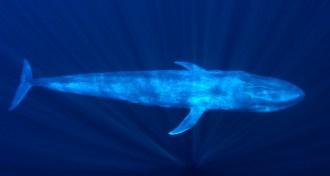 Animals
AnimalsPygmy blue whales deepen their moans
Sri Lankan pygmy blue whales are tweaking their calls — making one part deeper and keeping another part the same — but scientists can’t say why. The finding injects a new wrinkle in theories about blue whale calls.
By Meghan Rosen